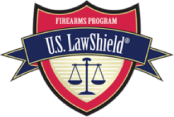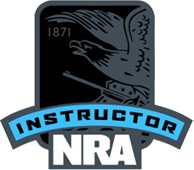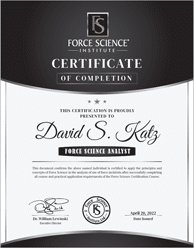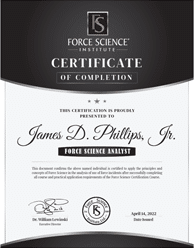Florida Immunity Lawyer
Criminal Immunity
Per Florida Statute 776.032, a person who is justified in their use of defensive force is immune from criminal prosecution for the use or threatened use of force unless such defensive force was used against a person that the person using defensive force knew or should have known was a law enforcement officer in the performance of their duties. Criminal prosecution includes arresting, detaining in custody and charging or prosecuting the defendant. However, if a law enforcement agency investigates a use or threatened use of force incident, it may not arrest the person unless it determines that there is probable cause that the force used or threatened was unlawful. If an arrest takes place, the person arrested can ask a judge for an immunity hearing. Once the defendant makes a facially valid claim of self-defense immunity, the prosecutor must overcome the immunity by clear and convincing evidence. If the prosecutor does not provide clear and convincing evidence that a crime was committed (for example use of excessive unreasonable force, or no reason to believe force used was necessary to prevent harm) the judge is required to grant immunity and the case is dismissed.
Civil Immunity
The same statute that provides criminal immunity also provides immunity against liability in a lawsuit. It is important to note that this does not mean you cannot be sued. Anyone can sue anyone else for anything, anytime. No lawyer can prevent a lawsuit from being filed. The immunity statute acts as a shield to prevent the person from suing from collecting any damages and as a sword to defend the person sued for all of their expenses in defending the lawsuit. Florida Statute 776.032 in relevant part states that a person who is justified in their defensive use of force is immune from civil action for use of such force by the person, personal representative, or heirs of the person against who the force was used or threatened, unless the person using defensive force knew or should have known was a law enforcement officer in the performance of their duties.
The civil portion of the immunity statute requires a judge to award all expenses incurred defending the lawsuit to the defendant if Immunity is granted. These expenses include but are not limited to attorney’s fees, court costs, and compensation for loss of income. Although the statute was amended in 2017 to specify that the burden of proof was on the person seeking to overcome immunity by a clear and convincing standard, no such guidance has been given in civil actions. Likely, the pre-amendment standard that the person seeking immunity must prove entitlement to it by a preponderance of the evidence will still be used in civil matters.
Florida Civil Immunity
In this video, Attorney David Katz explains what you need to know about Florida Civil Immunity. If you have any specific questions, please feel free to reach out by submitting your question for us to answer with the form on the right or contact our Florida immunity lawyers to discuss your issue.
More results...
Get in touch

"*" indicates required fields
Copyright © 2022-2025 The Firearm Firm All rights reserved.
















